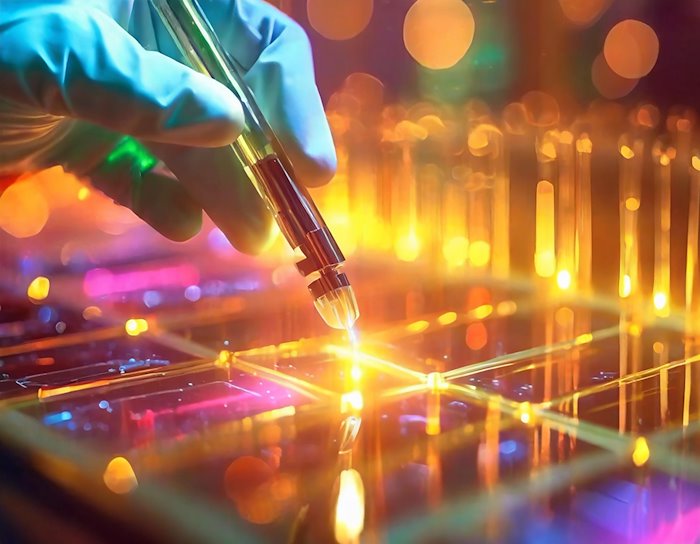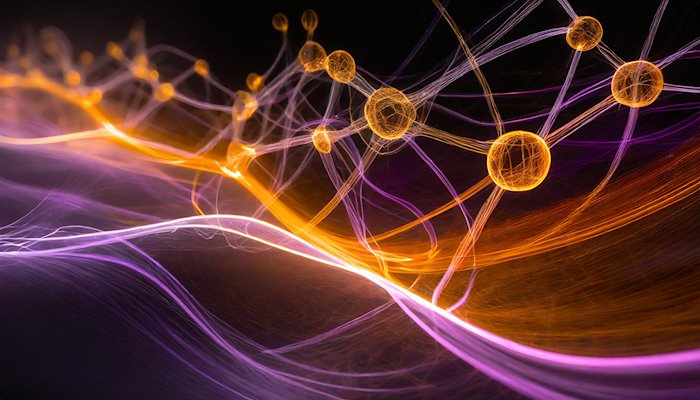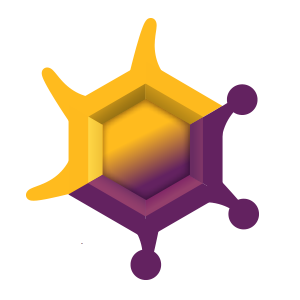The EIFFEL project responds to the urgent need for advancements in NFA materials and NFA-based OSCs, as highlighted by the REPowerEU initiative. While Europe has lost leadership in device performance to Asia, particularly in NFAs, EIFFEL aims to be a game-changer by employing goal-driven design strategies and collaborating with stakeholders. The project will explore vacuum processing, a technology underrepresented in NFA-based OSCs, and address stability concerns.
Efficient NFAs offer advantages such as structural diversity, tunability, and superior energy transfer, prompting scientific inquiries into working mechanisms, charge transfer states, and limiting steps. EIFFEL integrates design, synthesis, modeling, and testing to address these questions and achieve its key research objectives. The project seeks to achieve power conversion efficiencies of 20% for small area devices and 18% for large area devices, while maintaining over 90% of initial performance after 10,000 hours of continuous illumination. The emphasis on a feedback loop involving material design, photophysics modeling, and performance testing positions EIFFEL as a crucial initiative in advancing efficient and commercially viable organic photovoltaic technologies.
EIFFEL is structured in 6 work-packages (WPs): three are dedicated to research activities, including 10 individual projects, and the remaining three are related to training (WP 2), dissemination (WP 6) and management (WP 1)

WP 1 Management
The objective of WP1 is to ensure a transparent and effective management of scientific, training, financial and administrative issues. It will monitor the progress of the project in concordance with the deliverables and milestones as well as oversee the IP protection.

WP 2 Training
This WP will coordinate the training activities, secondments, and the network events in order to deliver the right combination of skills for DCs. All the fellows have planned secondments in collaboration with our partner organizations and beneficiaries.

WP 3 Novel materials and devices
In this work package we aim to design, synthesize, characterize, and integrate novel non-fullerene acceptors (NFAs) into organic solar cells (OSCs). The project is divided into several tasks:
- Side-chain engineering of efficient NFAs for solution-processed sq-BHJ and BHJ OSCs
- Device's manufacturing
- Fabricates and characterizes vacuum-processed OSCs
- Dyes-based NFAs for solution-processed BHJ OSCs
- Evaporable NFAs for vacuum-processed OSCs
- Preliminary testing of NFAs in lab-scale BHJ OSCs

WP 4 Efficiency-limiting processes
This work package involves three key tasks aimed at understanding and optimizing the performance of novel solar cell materials:
- Exciton and charge carrier dynamics and yields of novel solar cell materials
- The impact of donor-acceptor microstructure on the solar cells
- Free energy losses in devices during light conversion

WP 5 Lifetime-limiting processes
The work package five includes three tasks focused on the controlled aging, advanced characterization, and understanding of the impact of aging on organic solar cells:
- Controlled aging of films and organic photovoltaic devices
- Advanced characterization of aged organic solar cells and impact on their photophysics
- Impact of aging on the microstructure of organic solar cells

WP 6 Dissemination, Exploitation & Outreach
The primary objective of this work package is to efficiently coordinate the dissemination, exploitation, and communication of the Action results within the framework of the project. This involves strategic planning, management of online platforms, and fostering engagement with various stakeholders. It includes actively managing of Virtual Portal in the section Open Science Lab to facilitate seamless communication and collaboration among project participants, fostering a cohesive working environment. On social media accounts, leveraging these platforms for broader outreach and real-time dissemination of project updates. During the project we will coordinate the active participation of the project in significant events, including EU Sustainable Energy Week and EU Energy Day, maximizing visibility and engagement opportunities.
